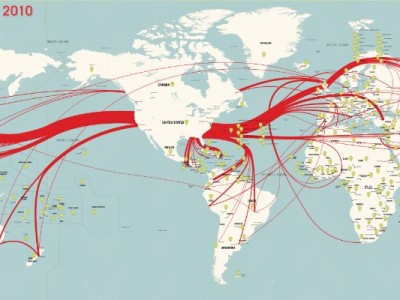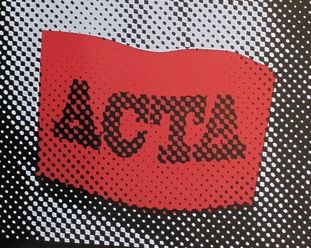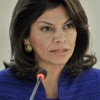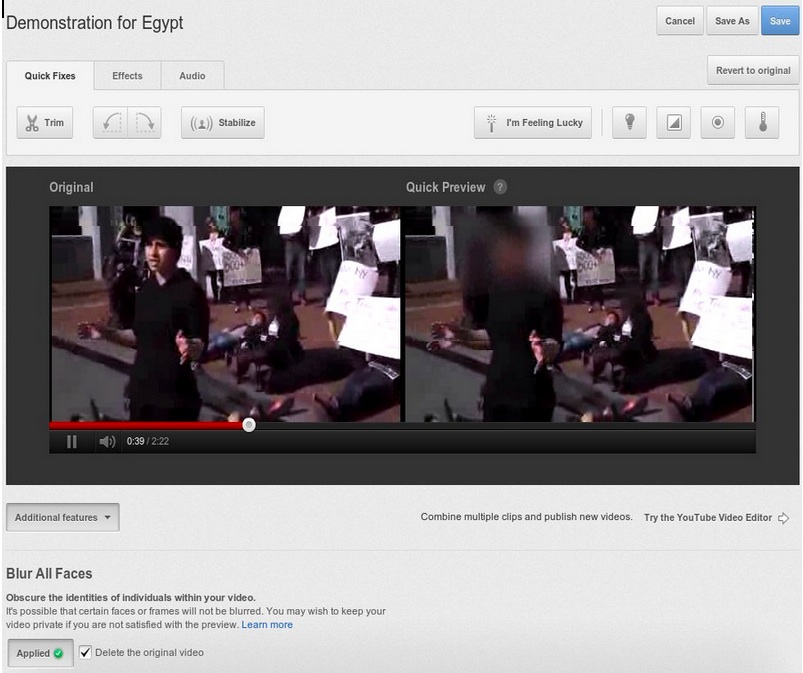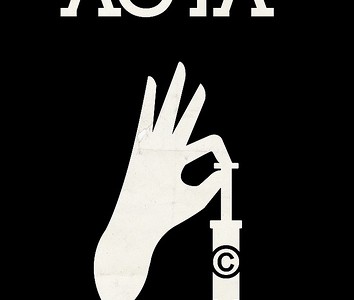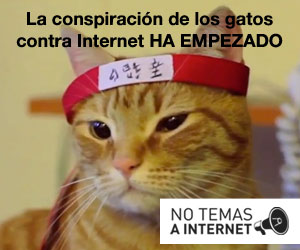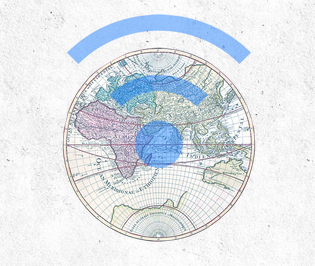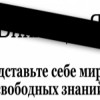Stories about Advocacy from July, 2012
Peru: Concerns Over Computer Crime Bill
Discussions have been held over the past year in the National Congress to draw up a computer crime bill. The bill has raised many questions, among them the fact that it constitutes a probable threat to privacy and freedom of expression on the internet.
European Telco Proposal to ITU: A Threat to the Open Web?
A group of European telecommunications companies has made a proposal for global Internet regulation that could fundamentally alter the free flow of information online and undermine Internet neutrality. Parts of the proposal could disadvantage independent creators and content producers, particularly those in less-developed countries.
Netizen Report: Security Edition
This week's Netizen Report focuses on the theme of cybersecurity. We begin in Washington DC, where lawmakers have made promising amendments to the proposed Cybersecurity Act of 2012. From there, we move to the Europe, where the European Commission has opened up a forum for public input on similar legislation. Then, we move to the UK, China and beyond.
Global Voices seeks Advocacy Director
Global Voices seeks an Advocacy Director to run its online freedom of expression initiatives. Global Voices Advocacy seeks to build a global anti-censorship network of citizen media and online activists throughout the developing world that is dedicated to protecting freedom of expression and free access to information online. The goal...
With Conviction of Eskinder Nega, Ethiopia Backslides Further
In this guest post from the Electronic Frontier Foundation, the recent sentencing of Ethiopian blogger Eskinder Nega is viewed in the context of Ethiopia's participation in the war on terrorism.
“Don't Fear the Internet”: Testimonials on Domain Names and Freedom of Expression
Domain names in Chile have become a battlefield over the right to freedom of expression. In this new video from the campaign “Don’t Fear the Internet”, NGO 'Derechos Digitales' highlights two testimonies: elmercuriomiente.cl and estafadoscorfo.cl. Both are examples of how disputes over domain names seek to silence critical speech.
Mexico: Congress Resolves to Reject ACTA
On July 18, 2012, both the Senate and House of Representatives in Mexico passed resolutions calling for the country's new President, Enrique Peña Nieto, to nullify Mexico's signature on the ACTA treaty. Mexico's Ambassador to Japan, Claude Heller, signed the treaty a week prior, despite strong rejections of its terms by Mexico's Senate and the country's telecommunications commission.
Costa Rica: Cybercrime Law Threatens Internet Freedom
Costa Rica just passed Law 9048, which includes reforms to the country’s Criminal Code to create new cybercrime offenses, including rules against illegal access and interception of communications. Journalists and internet freedom activists are trying to modify the most controversial part of the law which criminalizes the publication of State secrets, the use of any form of e-impersonification and the spread of false news.
YouTube's New Face Blur Tool and What It Means for Activists Globally
This post was written by Sam Gregory, Program Director at WITNESS and originally appeared on the WITNESS Video For Change blog, July 18, 2012. Yesterday, YouTube announced a new tool within their upload editor that enables people to blur the faces within the video, and then publish a version with...
Netizen Report: Neutrality Edition
We begin this week’s Netizen Report with a battle between South Korea’s net neutrality advocates and telecommunications companies, who are at odds after the Korean Communications Commission allowed three domestic mobile carriers to block access or add surcharges for mobile voice over Internet protocol (VOIP) services. Opponents to this latest move include several civil society groups and Google. From there we move on to net neutrality debates in the United States and Brazil, before embarking on our global tour of the ongoing struggle over freedom and control of the Internet.
Mexico: The Government Signed ACTA While Mexicans Were Asleep
The Mexican government signed its adhesion to ACTA (Anti-Counterfeiting Trade Agreement) on Wednesday, July 11th. 2012 in Japan while it was the middle of the night in Mexico. Netizens showed their outrage complaining that the federal government acted against the will of the people and of the Senate.
“Don’t Fear the Internet”: New Campaign About Freedom of Expression by NGO ‘Derechos Digitales’
Building on the momentum of the UN's recent decision to designate online freedom of expression a human right, the NGO “Derechos Digitales” (“Digital Rights”) recently launched the online campaign “No temas a Internet” [es] ("Don’t fear the Internet"), to alert people about the fundamental importance of online freedom of expression.
A Campaign for Syrian Bloggers
The number of citizen journalists and bloggers arrested in Syria rises daily. A new campaign--for blogger Hussein Ghrer--seeks to raise awareness of the blogger's plight.
A Declaration of Internet Freedom
Recently, a number of groups came together to create a Declaration of Internet Freedom. To date, the Declaration has been signed by more than 1300 organizations and companies and continues to grow.
Netizen Report: Blackout Edition
This week we focus in on Russia, where the government has proposed a draft bill that would censor the Internet in ways similar to China's Great Firewall. Russia's Wikipedia went dark on Tuesday in protest, coinciding with a debate on the bill in the Russian Parliament. From there, we look at net activism issues in Syria, Malaysia, Iran and beyond.
Syria Files: More Western technology for the Syrian regime
Western technology has played a key role in providing the Syrian regime with tools to track and repress citizens for years. The latest Wikileaks files on Syria, which include more than two million emails from political figures and companies, reveal that the involvement of Western companies in the crackdown against Syrian citizens has continued despite sanctions and international pressure.
Netizen Report: Journalism Edition
In this week's Netizen Report we highlight the growing role for citizen journalism in nations that are undergoing political unrest. We begin in Iraq and Syria, before moving to Mexico, where online media platforms are providing an alternative perspective on the Presidential elections. From there we report on exciting trends in netizen activism in Egypt, Taiwan and around the world.

